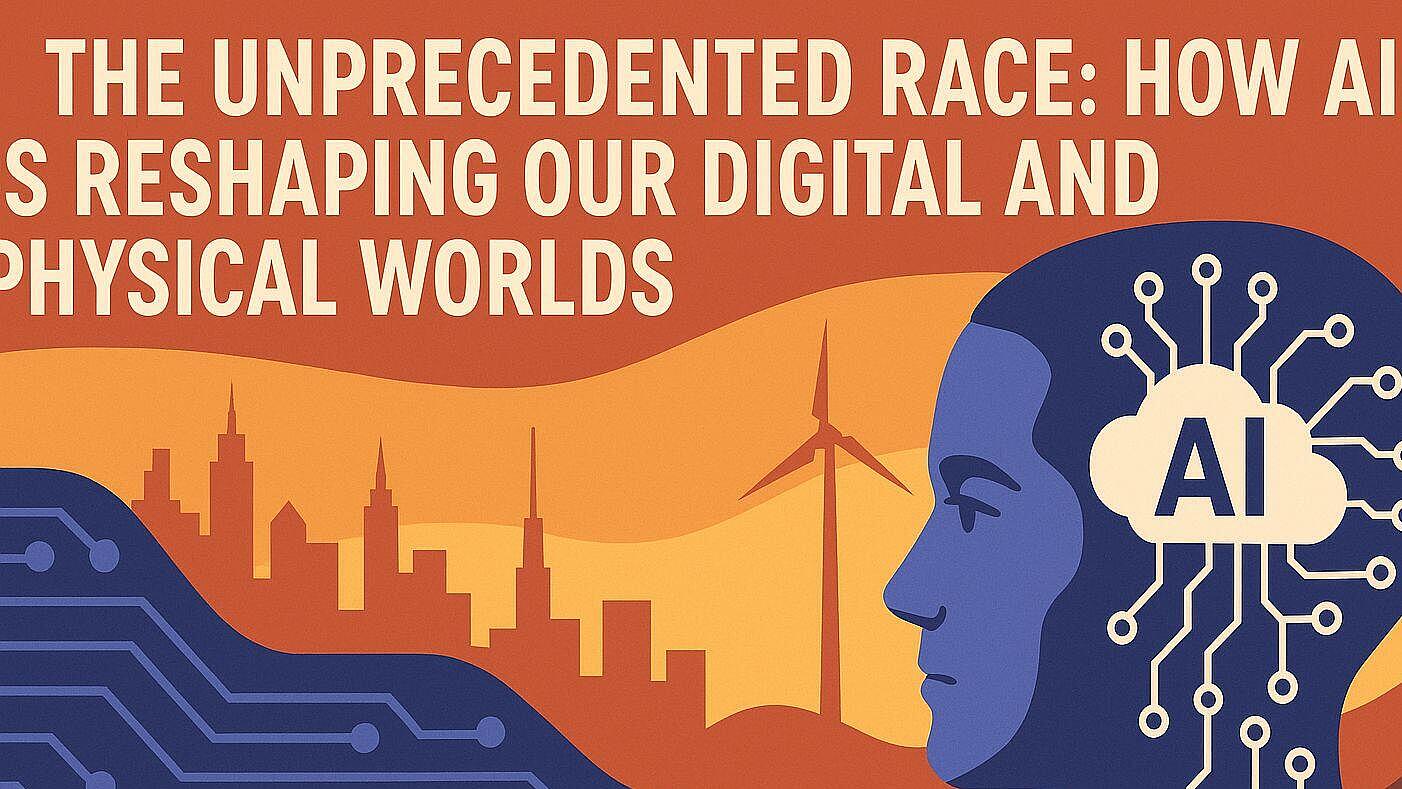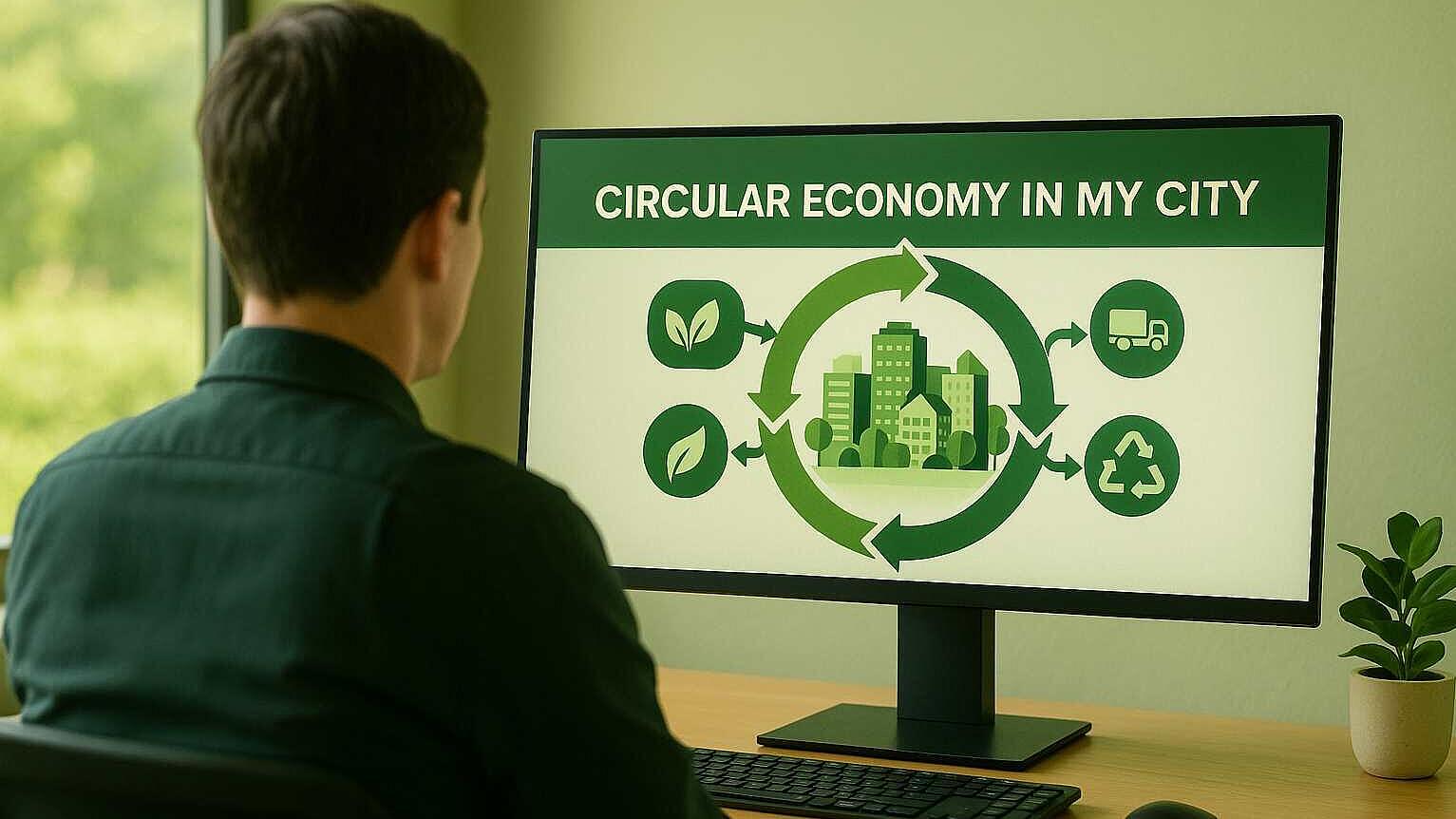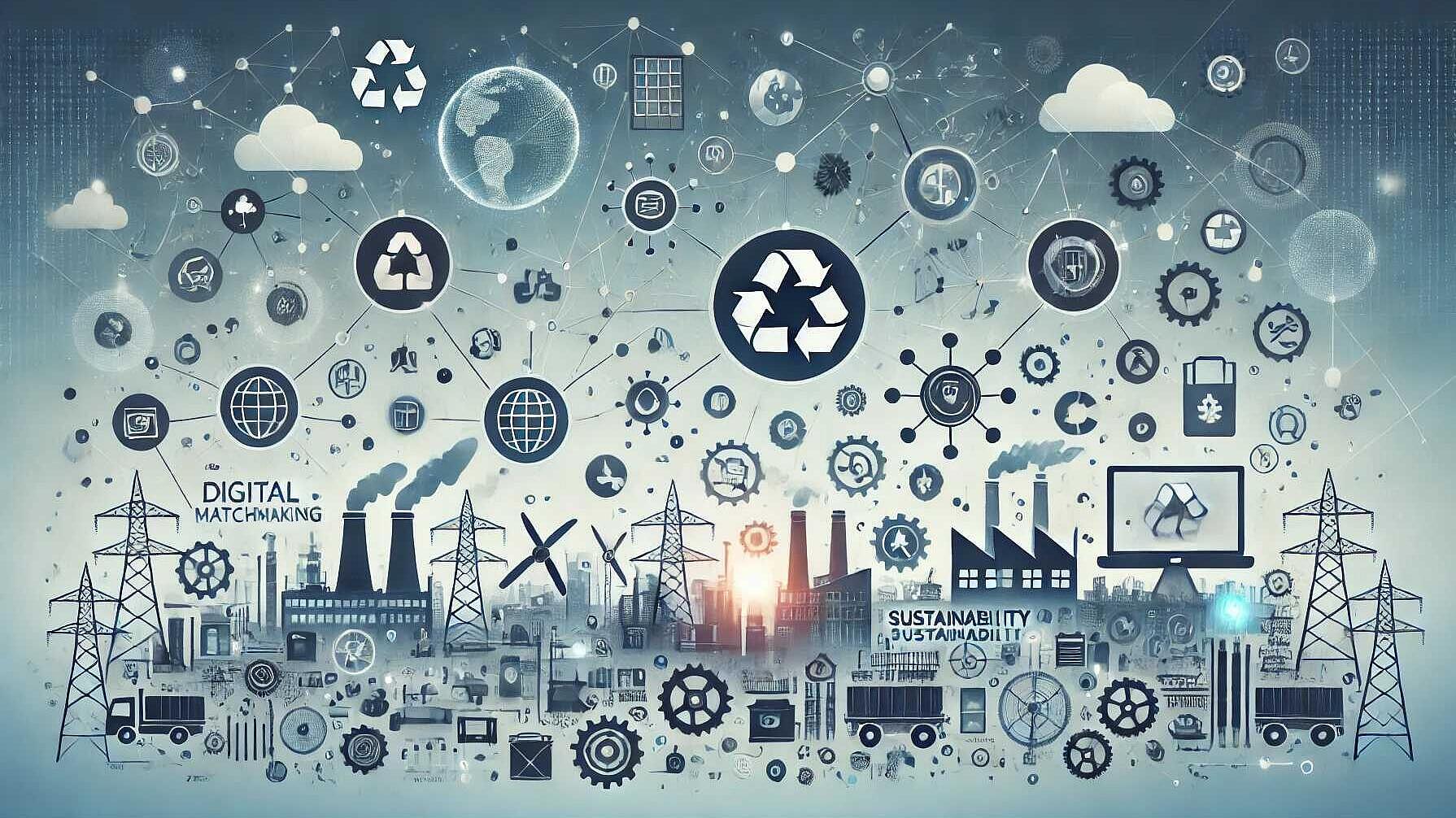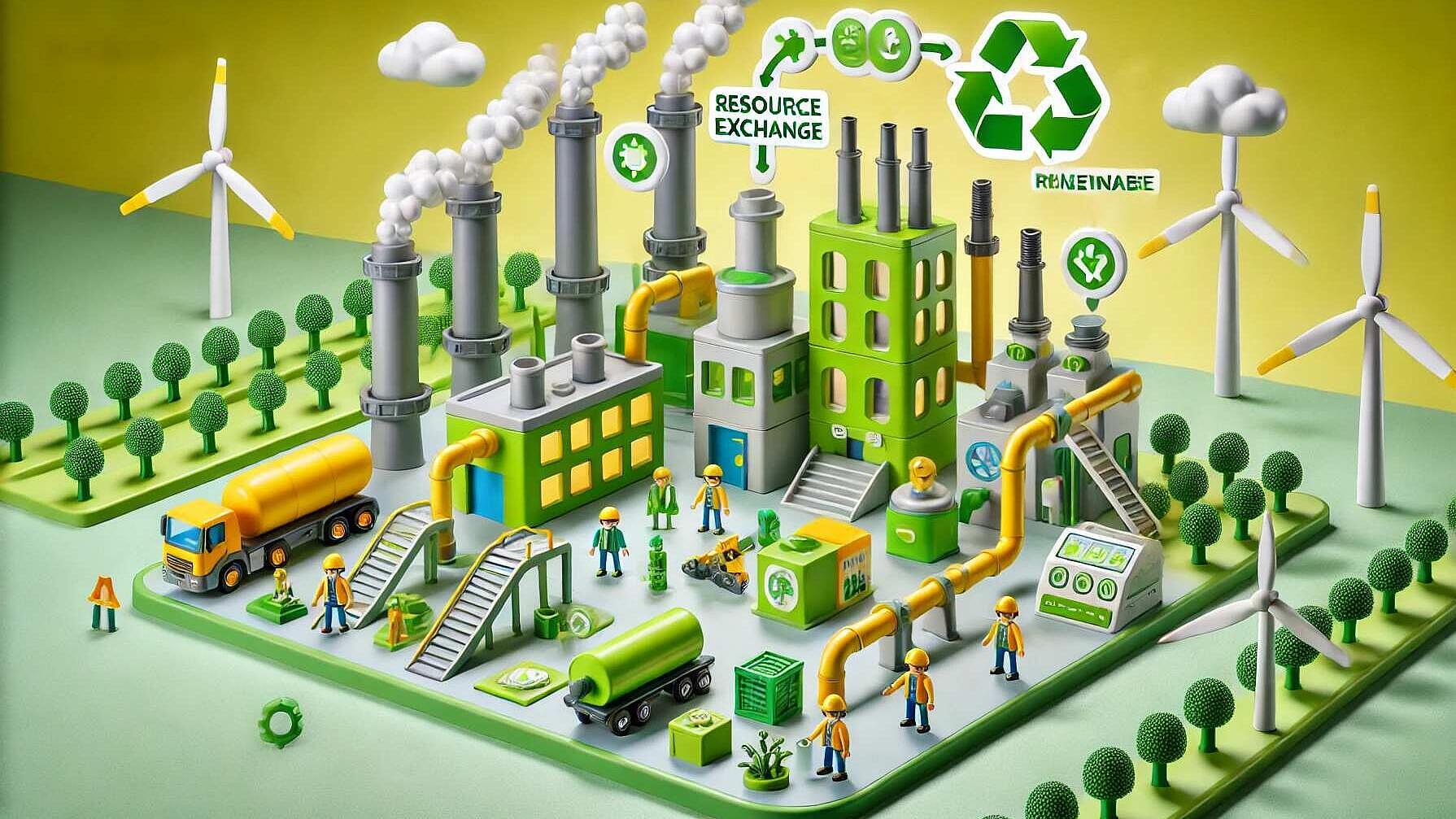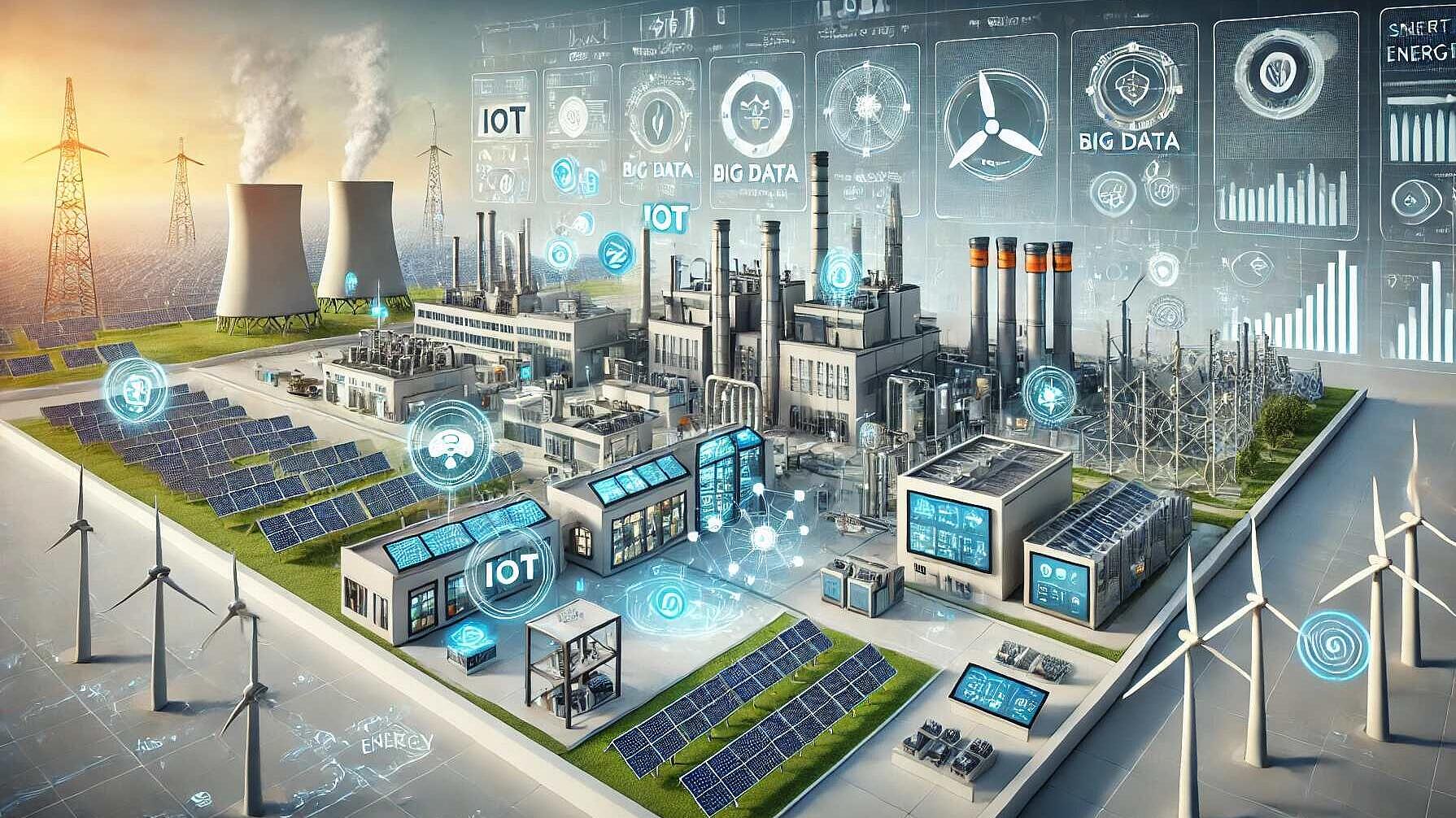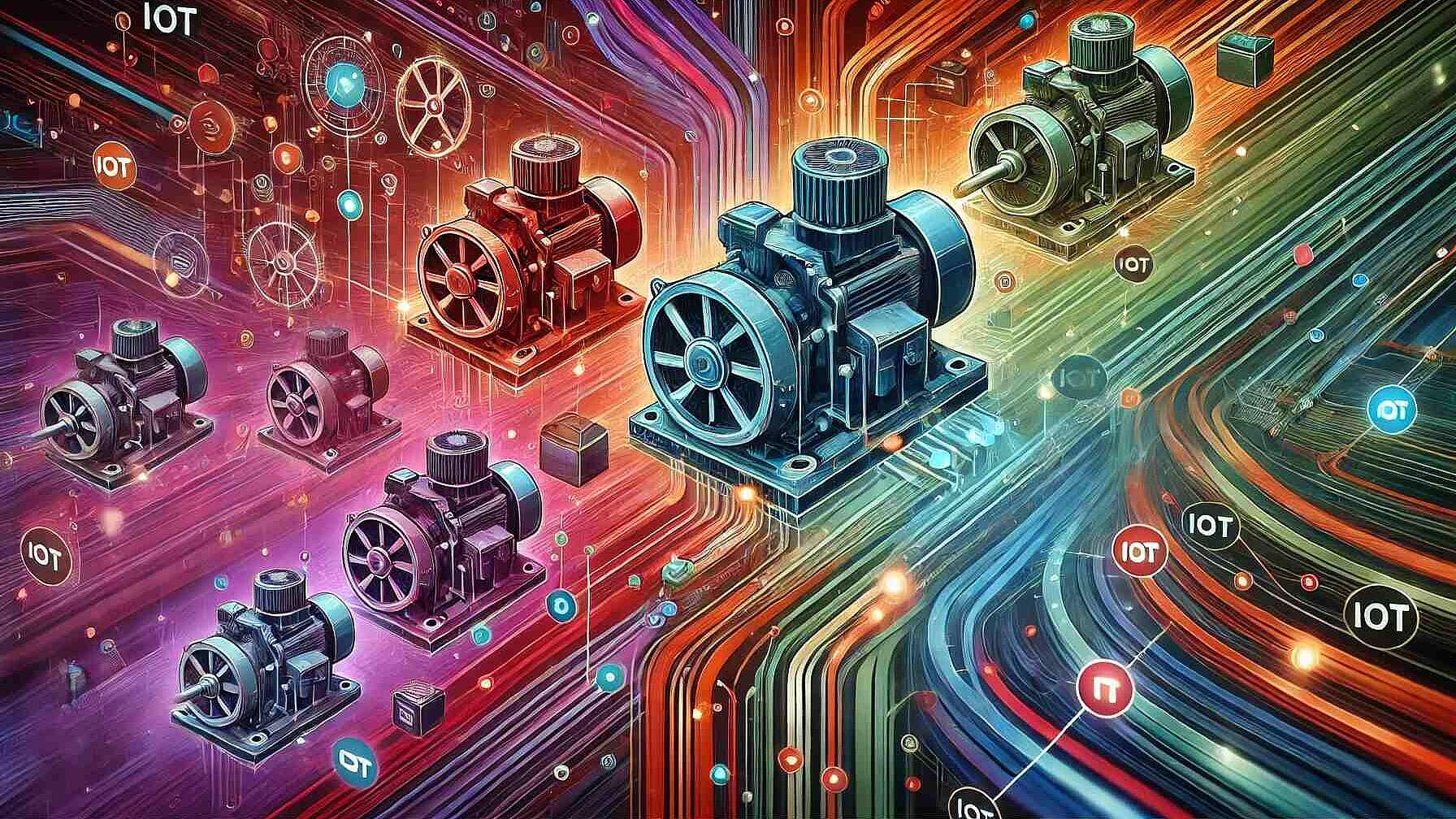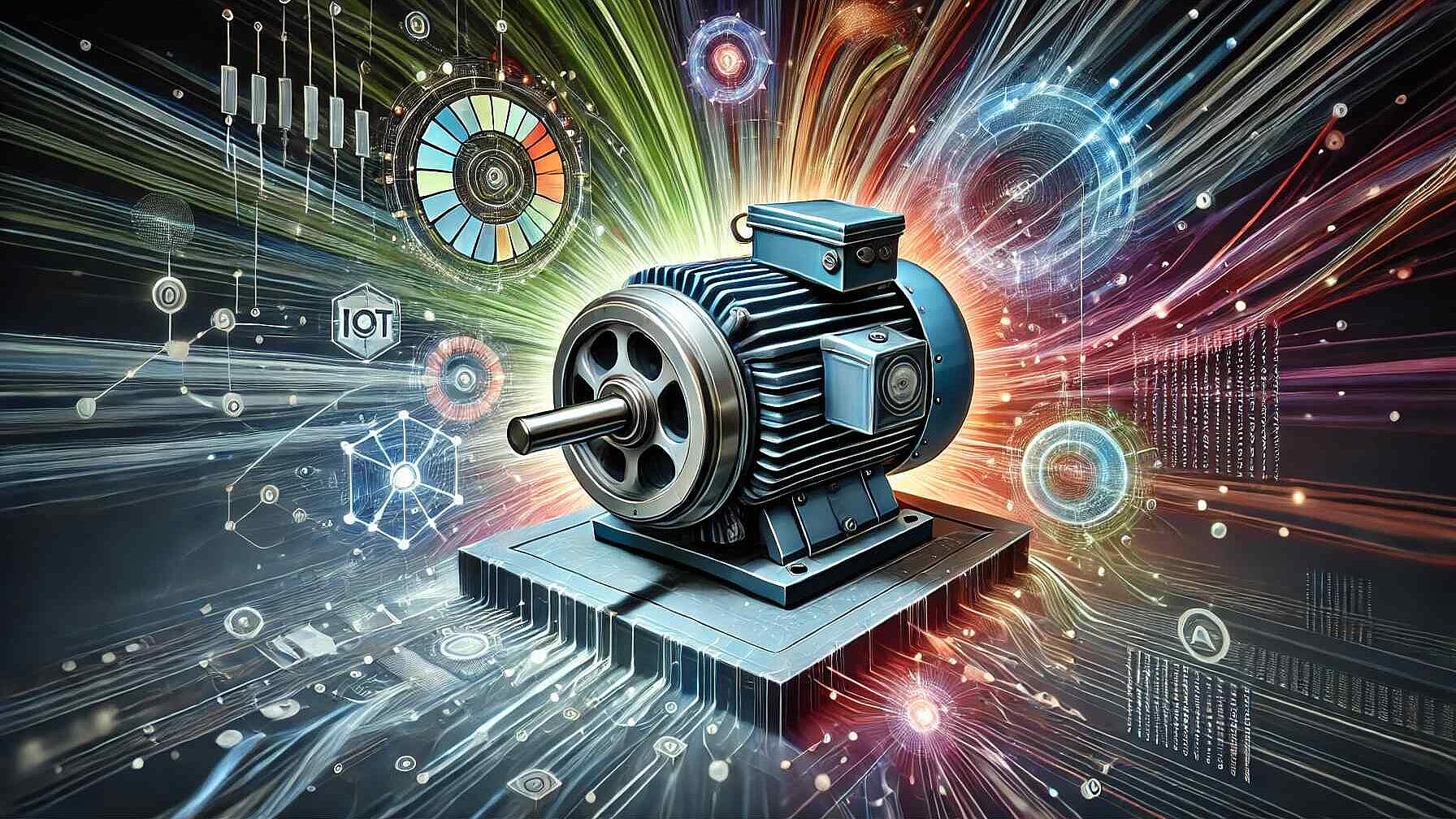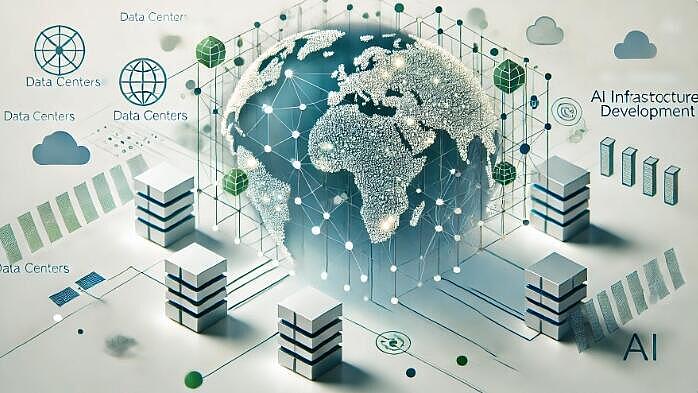 Digitalização
DigitalizaçãoDigitalização
A corrida sem precedentes: como a IA está a remodelar os nossos mundos digital e físico
O documento revela que, até 2030, será necessário um investimento de 7 biliões de dólares para apoiar os centros de dados no aumento da procura de processamento de IA. A investigação da McKinsey prevê que 5,2 biliões de dólares serão para centros de dados de IA, com 1,5 biliões de dólares para aplicações de TI tradicionais. O investimento apoiará principalmente os desenvolvedores de tecnologia, a geração de energia e os elementos de construção dessas instalações. Os centros de dados de IA requerem significativamente mais energia e refrigeração devido a densidades de energia e geração de calor mais elevadas do que os centros tradicionais. Esta procura está a aumentar as taxas de consumo de energia e necessita de soluções de arrefecimento avançadas, como o arrefecimento líquido. A cadeia de suprimentos de semicondutores está sob pressão da alta demanda por componentes de IA, como HBM, GPUs e SSDs, levando à escassez de recursos e longos prazos de entrega. Fatores geopolíticos, como as tarifas dos EUA, podem exacerbar esses desafios, aumentando os custos e adicionando complexidade. Em resposta, as estratégias de aquisição devem evoluir para garantir o planeamento a longo prazo e a resiliência da cadeia de fornecimento. As ferramentas de previsão de procura baseadas em IA e ML são vitais para gerir a incerteza na procura e na oferta, oferecendo potencial para aumentar a precisão e automatizar decisões anteriormente dificultadas por sistemas legados. Estas ferramentas permitem um melhor planeamento do inventário e provaram ser benéficas em casos como o de um retalhista de moda global que registou melhorias nas receitas e nas margens. Concluindo, a revolução da IA está a provocar investimentos maciços, criando oportunidades e desafios extraordinários em matéria de energia e infra-estruturas. Para os enfrentar, será necessário inovar na eficiência do hardware, nas energias renováveis e nas tecnologias de redes inteligentes, juntamente com a previsão e o planeamento avançados da procura. A capacidade de antecipar a procura de potência de computação é crucial para as partes interessadas em toda a cadeia de valor da IA.
Leer Artigo completoPorque é que as cidades têm dificuldade em fazer a transição para uma economia circular?- Informação
O documento discute os desafios que as cidades enfrentam na transição para uma economia circular, enfatizando o declínio da circularidade global e a necessidade de os contratos públicos impulsionarem a mudança. Destaca a complexidade de aceder e aplicar estratégias circulares e propõe como solução a aquisição de inovação com IA especializada.
Leer Artigo completoMatchmaking digital para a sustentabilidade industrial: como as plataformas de conhecimento permitem a economia circular
Um debate sobre o desafio da gestão da informação para a simbiose industrial, centrado nas ferramentas digitais desenvolvidas para o matchmaking e a avaliação económica. Sublinha a importância de integrar a tecnologia nas relações humanas e de se adaptar às mudanças regulamentares que promovem a normalização e a transparência dos dados.
Leer Artigo completoAproveitar a simbiose industrial para o crescimento sustentável e as economias circulares
A simbiose industrial (SI) promove a sustentabilidade através da partilha de recursos entre empresas, mas enfrenta desafios na sua implementação devido a barreiras económicas, regulamentares e tecnológicas. O sucesso futuro depende da inovação, do apoio político e da colaboração intersectorial para ultrapassar estes obstáculos.
Leer Artigo completoLibertar o poder da simbiose industrial: como o intercâmbio de dados fomenta a colaboração e a inovação
O projeto CORALIS examina o intercâmbio de dados em redes de simbiose industrial, identificando a falta de normalização e propondo um quadro de comunicação estruturado para melhorar a confiança, a eficiência e a inovação para práticas industriais sustentáveis.
Leer Artigo completoTransformação digital na eficiência energética industrial: Perspectivas para as empresas europeias
As indústrias europeias utilizam ferramentas digitais para a eficiência energética, de acordo com um relatório com nove estudos de caso, destacando os grandes volumes de dados, a IA para manutenção, os programas de resposta à procura, a importância da colaboração, a abordagem dos custos elevados e as lacunas de competências, oferecendo orientações para a integração de tecnologias e a promoção da inovação para a sustentabilidade.
Leer Artigo completoA intersecção entre a energia e a IA: perspectivas da Conferência Mundial da AIE
A Conferência Global da AIE sobre Energia e IA destacou a relação recíproca entre os dois campos, centrando-se no papel da IA na otimização da utilização de energia e no reforço da adoção de energias renováveis, reconhecendo simultaneamente as crescentes necessidades energéticas da IA. As principais discussões abordaram o consumo de eletricidade pelos centros de dados, os avanços na tecnologia de baterias, a otimização de redes inteligentes, as capacidades preditivas para desastres naturais e as perspetivas internacionais de empresas e governos sobre estratégias de energia orientadas para a IA. A AIE sublinhou o seu compromisso de fornecer dados acionáveis e promover o diálogo entre as partes interessadas para alinhar a IA com as realidades do sistema energético, e anunciou um relatório abrangente sobre a energia e a IA para 2025.
Leer Artigo completoDigital Solutions for Energy Efficiency in Industry
The 4E TCP report demonstrates how digital solutions in industrial motor systems enhance energy efficiency, with case studies showing benefits like reduced electricity consumption, improved operational flexibility, and lower maintenance costs. Advanced control systems, real-time data monitoring, and IoT technologies lead to significant energy and CO2 savings across various sectors, despite initial investment and implementation challenges.
Leer Artigo completoDigital Revolution in Motor Systems: Powering the Future of Energy Efficiency
The paper highlights the revolution of motor systems through digital technologies enhancing efficiency, despite challenges such as lack of standardization and cybersecurity risks. Innovations include smart sensors, IoT, and AI-driven analytics, with case studies showing significant energy savings. Opportunities exist for professionals in data science and cybersecurity.
Leer Artigo completoThe Strategic Landscape of AI Infrastructure Financing: Microsoft, BlackRock, and Global Initiatives
The Global AI Infrastructure Investment Partnership, with $30 billion from Microsoft, BlackRock, and others, aims to build AI data centers and related energy infrastructure, addressing the high energy demands of AI. Other initiatives like Google's AI Opportunity Fund and IndiaAI Mission support AI infrastructure development, focusing on sustainability and international cooperation to ensure global economic and technological advancement.
Leer Artigo completo